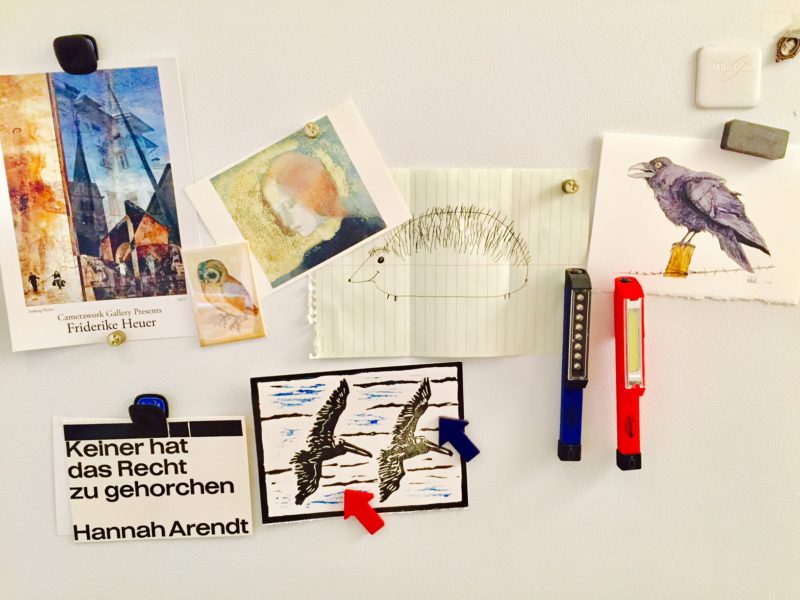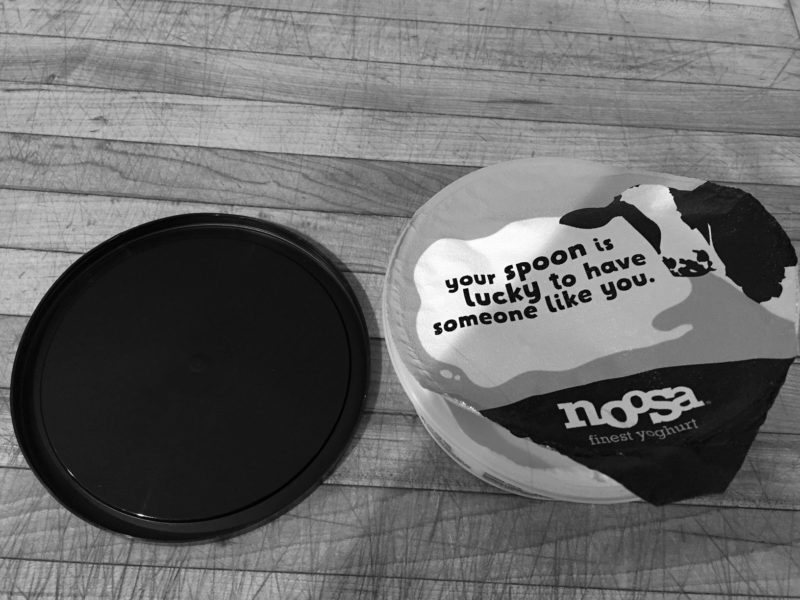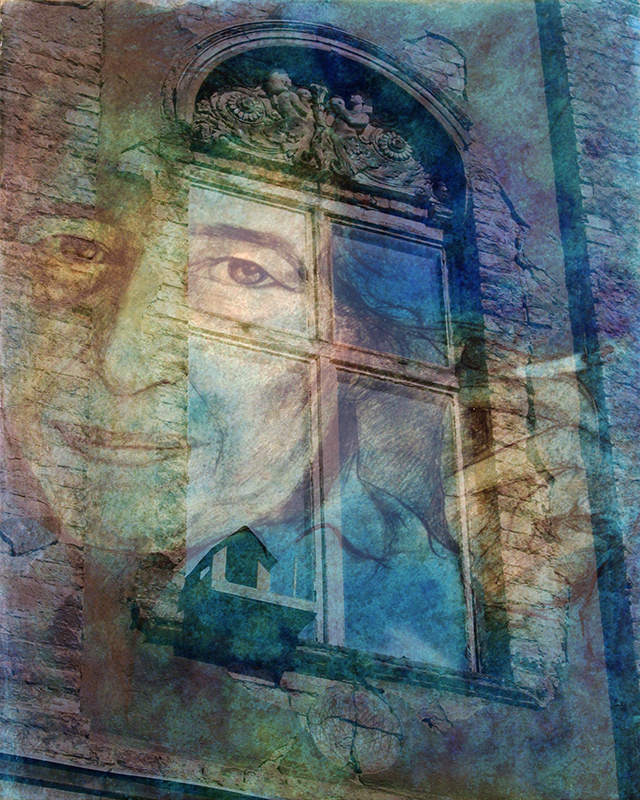You either roll your eyes or die of laughter that I am even asking this question, right? However, every day when I read the news – which is happening less frequently than it used to given the toll it takes on my peace of mind – I end up thinking about amorality and its instantiation in this and many other countries. I had first planned to write about this in the context of Israel’s current human rights violations but it upset me too much – so that is postponed for another day.
Couched in my head in terms of Evil! etc. it is about the fundamental issue of what values are trampled in the U.S. and elsewhere that should benefit the whole of humanity and instead are raped for gain of a few.
Of course a blog entry cannot begin to cover the issue of morality as thought through by philosophers, ethicists, anthropologists and the like for millennia. So today provides just some accessible information that I found interesting in this context.
If you go to Merriam Webster and try to find a definition of morality you are facing some waffling. Among their explanations is: “conformity to ideals of right human conduct” – now what does that mean? Are we agreeing on ideals? Isn’t “right conduct” culture specific? They then give you an equally amorphous bunch of terms in their synonym/antonym list. Here we learn:
Synonyms: character, decency, goodness, honesty,integrity, probity, rectitude, righteousness,rightness, uprightness, virtue, virtuousness.
Antonyms: badness, evil, evildoing, immorality,iniquity, sin, villainy, wickedness.
Secondly, an article that informs about cross cultural issues. It looks like there is a common core of universal moral principles, even if moral values differ in how they are weighted within different cultures. Morality seems to be always and everywhere a cooperative phenomenon – a search for the common good.
Third, a somewhat but not entirely tongue-in-cheek musing about the direction the US is taking – written in 2015, and true in spades in 2018.
And lastly, for hard core readers, The Struggle for Recognition: The Moral Grammar of Social Conflicts, MIT Press 1996 by Axel Honneth. A political/social philosopher coming out of the tradition of critical theory, he analyzes the incendiary conditions in a society that violates human dignity through systematically denied recognition. His newer book is The I in the We – Studies in the Theory of Recognition (which I have not read.)
Photographs are contemplation of things fallen apart – the closest I can come to a visual representation of the consequences of forsaking the common good and persecuting select targets.



























 Come to think of it, we’d talk about handles. Having finished his first major work Tractatus Logico-Philosophicus, Wittgenstein withdrew into rural Austria doing odd jobs, some teaching. His sister wanted to get him back into the “real world”, society for her, and asked him to participate in the construction of her new house. His involvement was limited, he focussed on design of smaller features like windows, radiators and handles, but it got him back on track and off to Cambridge soon thereafter.
Come to think of it, we’d talk about handles. Having finished his first major work Tractatus Logico-Philosophicus, Wittgenstein withdrew into rural Austria doing odd jobs, some teaching. His sister wanted to get him back into the “real world”, society for her, and asked him to participate in the construction of her new house. His involvement was limited, he focussed on design of smaller features like windows, radiators and handles, but it got him back on track and off to Cambridge soon thereafter.



